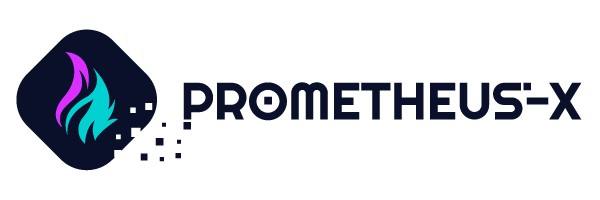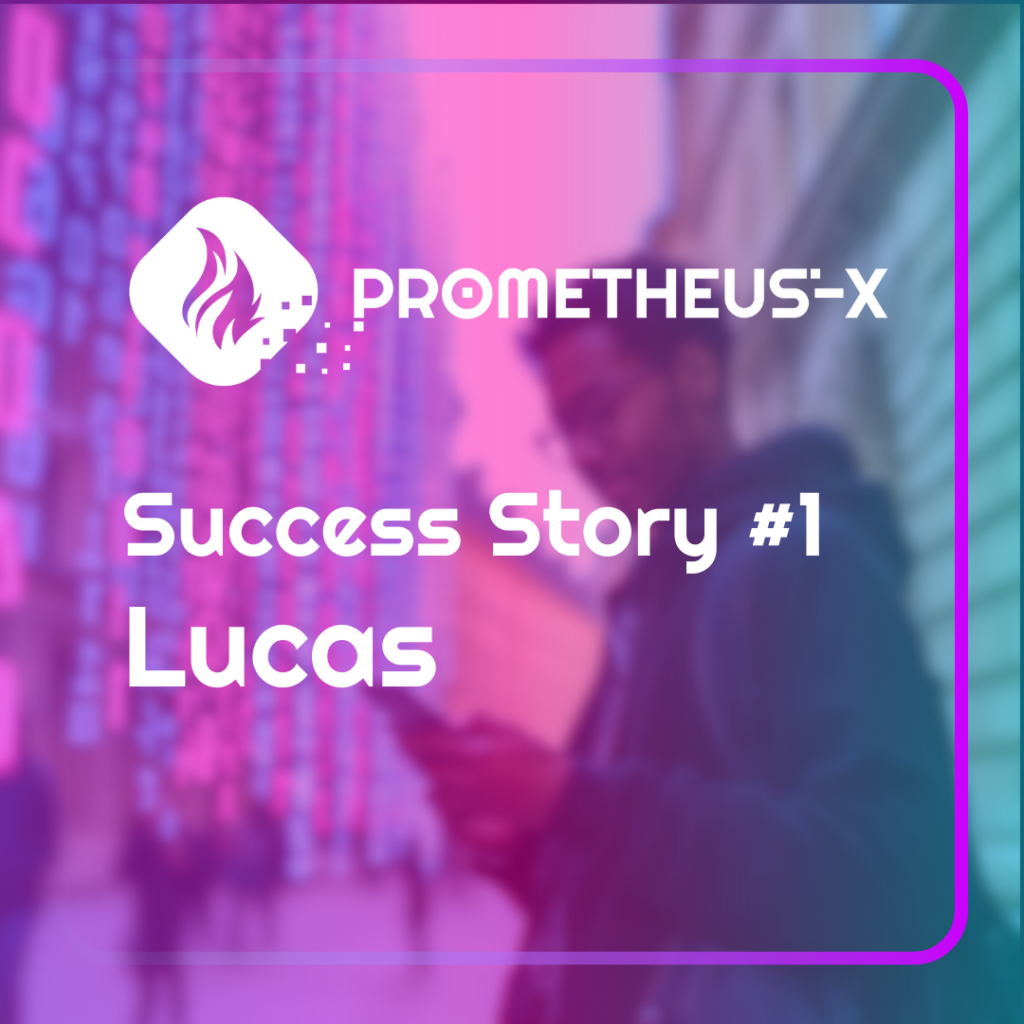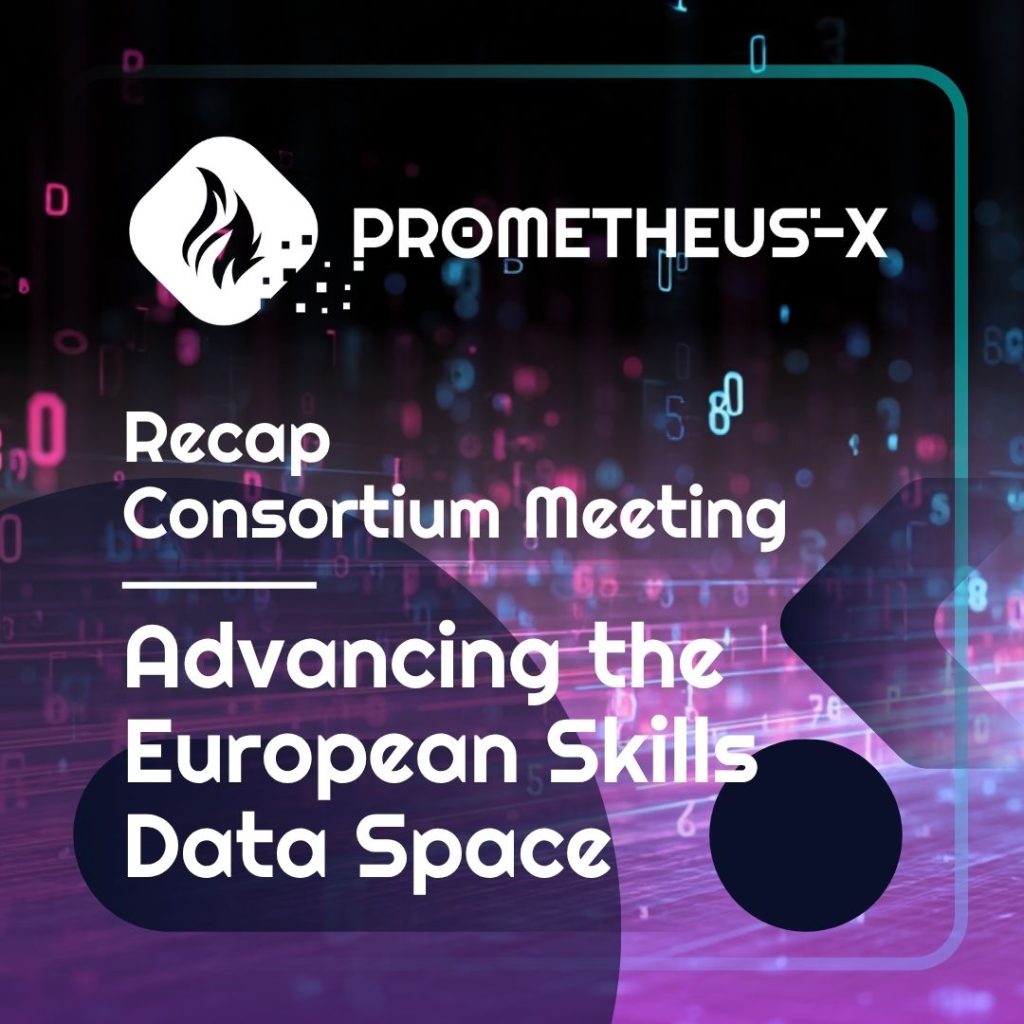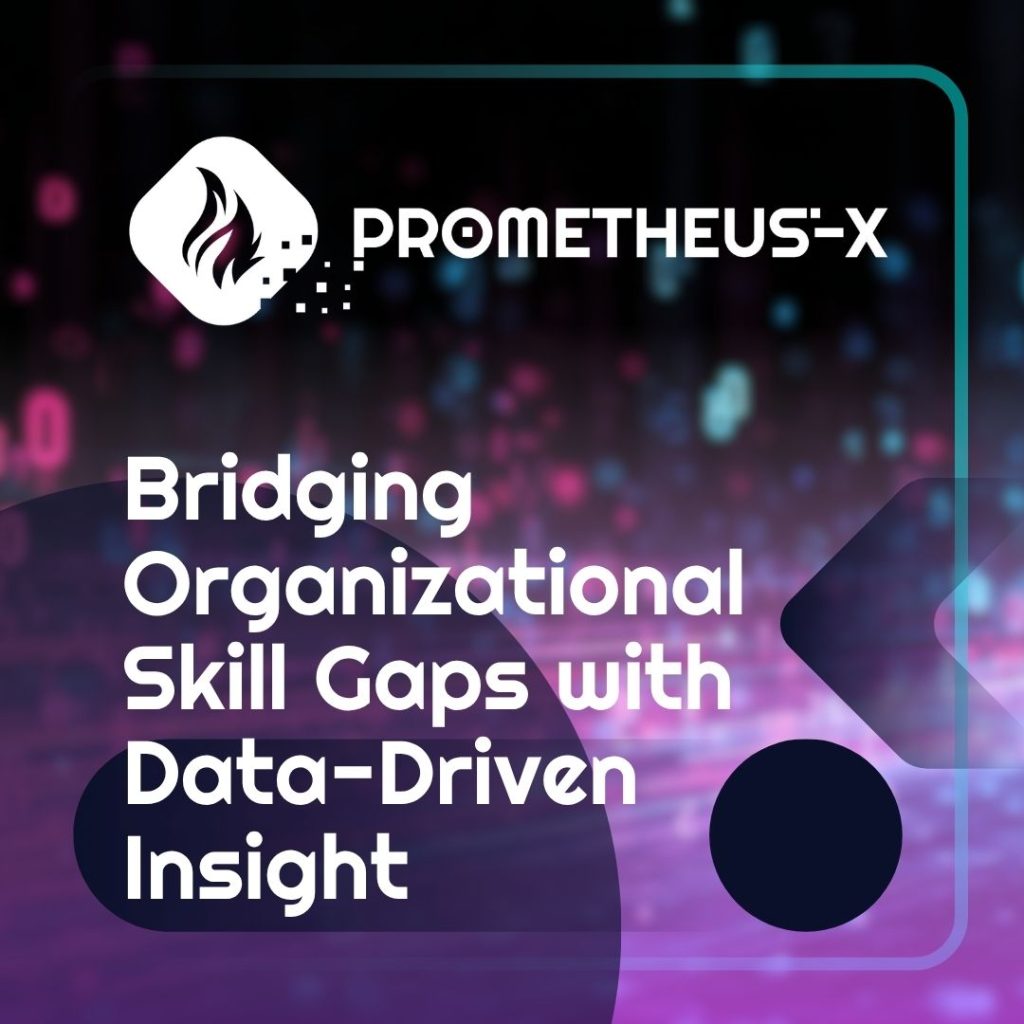Building Blocks
Personalized Learning: Opening the Black Box of Simulators
Virtual reality and simulation-based training are transforming education and professional learning. From welding workshops to chemistry labs, learners now practice skills in safe, immersive environments. But for many trainers, these sessions remain a black box: data is fragmented, reporting is inconsistent, and integration with standard classroom tools is limited.
Personalized Learning Analytics changes that. It captures and standardizes the traces learners leave in simulators—every action, decision, and movement—and transforms them into clear, reusable insights that benefit learners, trainers, and institutions alike.
Turning Simulator Data into Insights
With Personalized Learning Analytics, simulator data no longer stays locked inside a single tool. Learners gain a transparent view of their progress and keep control of their data. Trainers can spot strengths and bottlenecks with precision, guiding learners more effectively. Institutions access high-level statistics to track skill development across entire cohorts. And for simulator publishers, the open standard ensures their solutions connect seamlessly to a growing ecosystem of services.
Driving Truly Personalized Learning
What sets this Building Block apart is its ability to turn raw VR interactions into actionable feedback. From the precision of a welder’s movements to a trainee’s reaction time in safety scenarios, the system captures detailed skill data. Combined with AI-driven analysis, this makes it possible to design personalized learning pathways that address exactly what each learner needs.
Privacy Built In
Because these traces are so detailed, privacy is built into the design. Data can be generated anonymously from the start, or linked to learners when necessary—always under user control, and always in line with European data protection rules.
Already Making a Difference
Personalized Learning Analytics is already in use. In the Video4XR project led by CNAM, it powers a replay service for VR chemistry labs. Trainers can instantly review key learning moments, highlight errors, and even discuss sessions with learners asynchronously. The result: smarter feedback, new teaching methods, and better use of classroom time.
What’s Next
In 2025, the focus is on scale—bringing more simulator publishers on board and extending the standard to even more use cases, including augmented reality. The long-term vision: becoming the de facto standard for simulator learning traces across Europe, powering new services that accelerate skills acquisition and create more inclusive, personalized learning pathways.
Join the Movement
Early adopters are key. Simulator publishers can already integrate the ready-to-use Unity package, available on GitHub, and become part of the effort to shape the future of learning analytics in Europe.
If you are interested in how the building block works, take a look at the video below.
What are Building Blocks?
Prometheus-X’s “Building Blocks” are open-source, modular components designed to facilitate the creation of secure, interoperable, and human-centric data spaces, particularly in sectors like education and skills. These building blocks support both personal and non-personal data management, aligning with European data strategies and regulations such as GDPR.
Have you read the interview with development lead László Gönczy? Follow the link and read it now!




